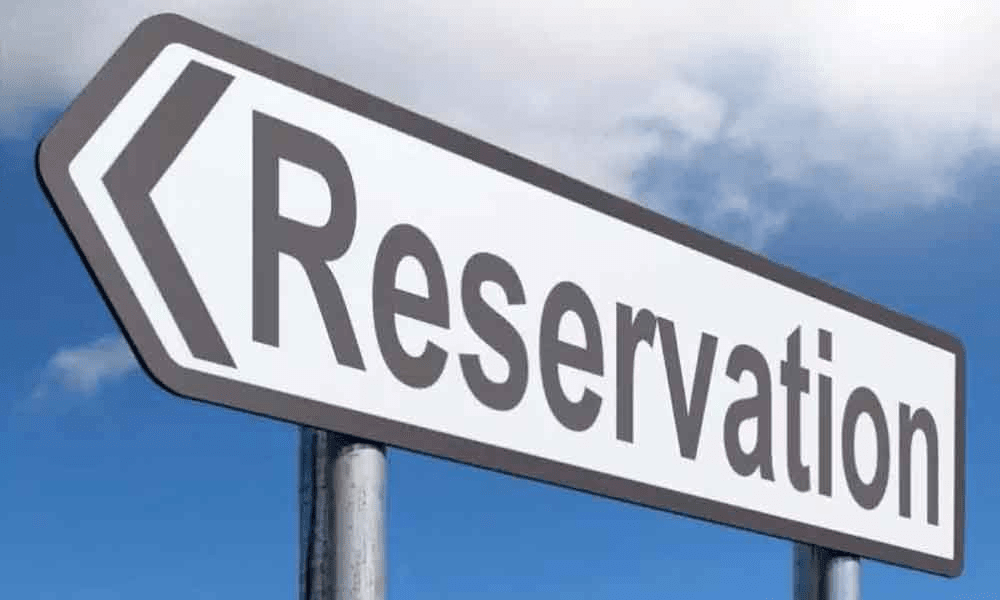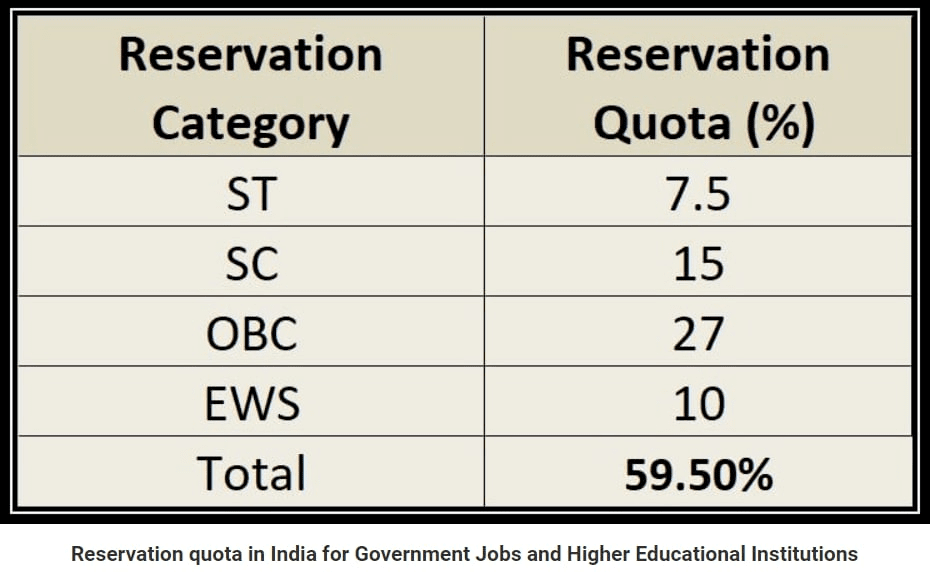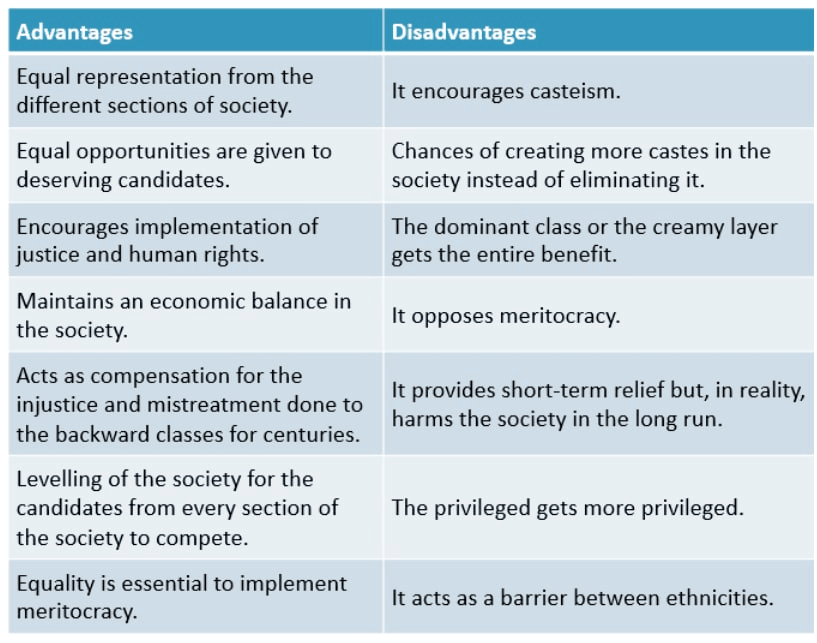
Copyright infringement not intended
In News
- The State Government of Karnataka introduced the Karnataka Scheduled Castes and Scheduled Tribes (Reservation of Seats in Educational Institutions and Appointments or posts in the services under the state) Bill, 2022 in the Legislative Assembly to increase reservations for Scheduled Castes (from 15% to 17%) and Scheduled Tribes (from 3% to 7%) in the state.
- In 2015, the Nayaka Students Welfare Federation approached the Karnataka High Court, desiring the enhancement of the SC-ST quota.
- In 2019, based on the HC’s orders, the state government appointed a committee under former High Court judge Justice HN Nagamohandas.
- In 2020, the committee submitted its report, saying that there was evidence of social and educational backwardness among the communities.
- Based on the recommendation of the committee, the present bill introduced in the Assembly to increase the reservations for SCs up to 17% and STs up to 7%.
Reservation System in India
- The Reservation system is an arrangement of affirmative action where a certain percentage of seats are reserved in Public employment and educational institutions.
In India, the Scheduled Castes (SCs), Scheduled Tribes (STs), Other Backward Classes (OBCs) and socially and economically backward communities who were earlier poorly represented in the Public sector and educational institutions are now covered under the reservation facility.

- In India, about 60% of seats are reserved for various sections like ST, SC, OBC, and EWS in Government jobs and Higher Education Institutions.
- 3% of seats are also reserved for differently-abled persons across all categories.
- The reservation policy is also enforced for the Scheduled Castes and Scheduled Tribes for representation in the Indian Parliament.
The reservation issue has also remained a cause of conflict between the reserved and the non-reserved sections of society.
.jpg)
Arguments in the favor of Reservation System
- It ensures equality, by providing opportunities to people from backward classes.
- It promotes justice and human rights.
- Decreasing inequality by promoting economic opportunities for the lower section of Society.
- Correcting historical injustice
- Reservation provides a level playing field as it is challenging for people from backward sections that were historically deprived of education, skills, and wealth to all of a sudden start competing with those who had access to those resources for years.
Arguments against Reservation System
- It Promotes Casteism and creates division in our society, and also encourages caste-based Politics.
- Beneficiaries of reservation are mostly from the dominant class in backward castes. Thus, the marginalized section remains marginalized.
- Affects the productivity of an organization if unfit candidates get the opportunities.
- A reservation only provides a limited and short-term solution to historical injustice issues.
- Many deserving people from the upper castes are also affected by poverty and illiteracy.
- Reservation demands by various groups may cause social turmoil, such as during the Mandal Commission (1990).

Way Forward
Future economic growth in India is going to come from the Private Sector and entrepreneurship. To ensure that all Indians, regardless of caste, class and religion, can take part in economic growth, we must focus on basic skills. We need to focus on reducing inequalities where they 1st emerge, within primary Schools.
.jpg)
https://indianexpress.com/article/explained/explained-politics/karnataka-brings-in-bill-to-hike-sc-st-quota-reasons-provisions-8335304/






